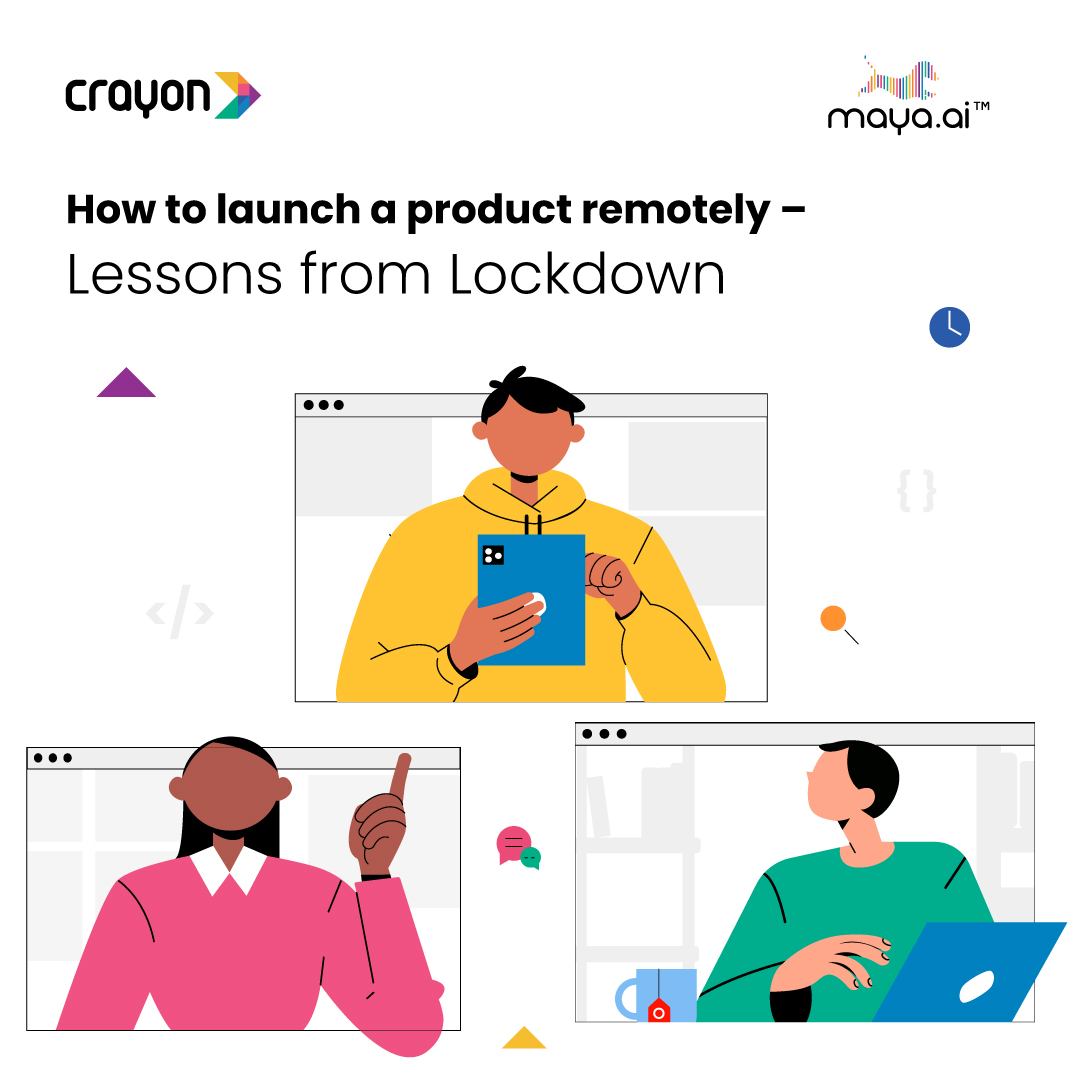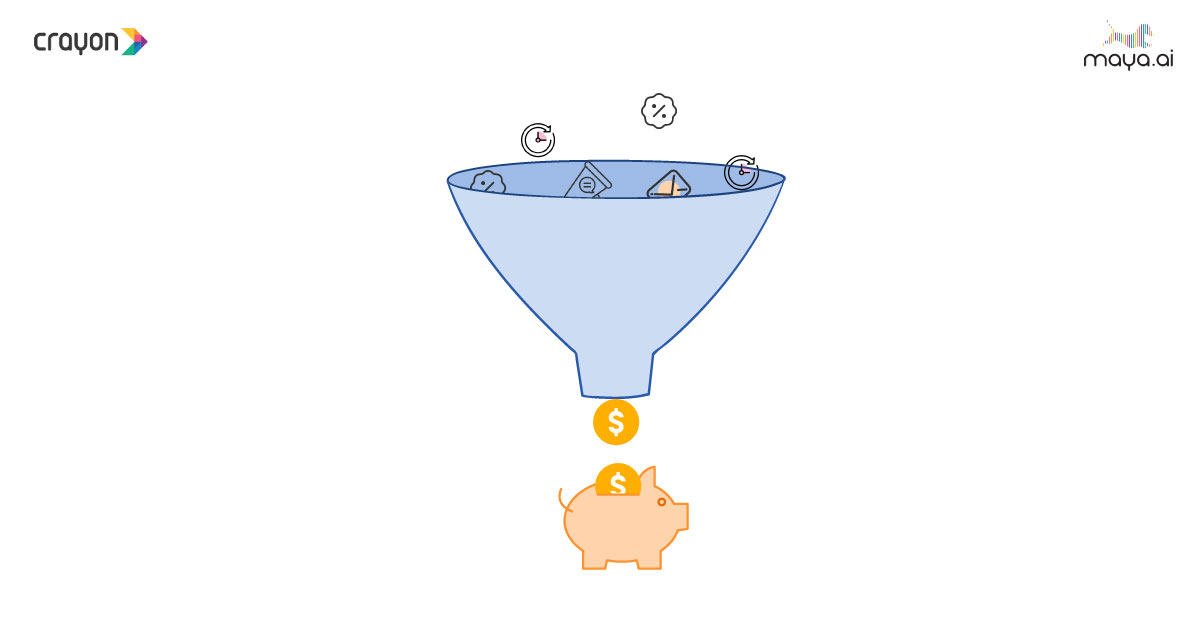Money may not buy happiness, but the lack of it can certainly make life more difficult. Financial security can be a critical element in ensuring that you enjoy a good quality of life for your entire life. Unfortunately, as important as personal financial management is, it is often not taught at school or at home, and even if your parents and teachers made efforts to educate you, there were probably gaps in what you were taught. Learning to manage your money effectively and build a secure base can not only be life-changing for you, but for the family you may have now or in the future.
Make a Budget
The first step is learning how to budget. There is a lot of information out there that can teach you how to budget and a lot of different ways to approach a budget, so be sure to check out books, articles, podcasts and websites to find the method that will work for you. However, some principles are unchanging. First, you need to know how much you are making and how much is going out. The former needs to be more than the latter, but there’s more to it than that.
If you are just covering your expenses but living paycheck to paycheck, you will need to change that in order to become financially secure. However, for now, focus on creating a budget. You can get help from apps if you prefer. Figure out how much you spend by tracking your outflow for a few months, then use the information to create a budget for the year ahead. Remember infrequent and one-time expenses, such as vacations, and be sure to build in some flexibility.
Earn More
You can make a lot of money and still spend even more than you earn, so this is not the only key to financial security. However, increasing your income along with budgeting so that you have the resources for saving and investing is an important step. This might mean working to advance in your job, starting your own business or switching careers. It could mean going to college. While college can be expensive, there are many ways to access funding for it, such as scholarships and federal financial aid. You can also take out student loans from a private lender. You do not necessarily need a cosigner to do so and may be able to secure financing on your own.
Have Emergency Savings
Once you are making enough money or have cut your spending enough to set aside some money for savings, your first step should be to create emergency savings. Recommendations range anywhere from three months to a year, and you will need to decide what your own comfort level is based on your individual situation. For example, if you are self-employed or you have dependents, you will probably need more.
This is a fund that you should be able to use for everything from unexpected medical expenses or car repairs to getting you through periods of unemployment. You should keep it in a savings account or another type of account that you have immediate access to. Since the goal of saving to cover several months of expenses can seem overwhelming, set small goals for yourself to start with. For example, you can set an initial goal of $500 or even just $200.
Reduce Debt
While you are putting away money in an emergency fund, you should also be chipping away at debt. There are two kinds of debt that are often referred to as good debt. One is student loans and the other is a mortgage. These are actually a bit different. Student loans are usually considered worth it because the lifetime income of people with a college degree is, on average, higher than those without a degree. However, you should still endeavor to pay off these loans as quickly as possible.
With a mortgage, you may get tax breaks and there may actually be benefits to paying this off over time. You can discuss your options with a financial advisor. Besides student loans and a mortgage, you should make an effort to pay off whatever you owe and avoid going further into debt. You can use credit cards, and this is in fact a good way to build your credit, but you should pay off the balance each month. Good health insurance combined with your emergency savings account can help prevent accumulating any medical debt.
Learn To Invest
In order to truly achieve financial security, you will need to invest some of your money. If you simply put your money in a savings account, it doesn’t do much work for you and may not even keep up with inflation. This means it could lose value just sitting in the wrong type of account. Your first priority for savings should be a retirement account. If your employer offers one, you should make an effort to contribute the maximum amount, especially if your employer matches your contributions. If you do not have one through work, you can set up one on your own. Once you are comfortably building your retirement account, you may want to look at other types of investing as well.
This does not mean that you have to devote yourself to following the stock market. In fact, through an online broker, you can diversify your investments by using mutual funds or exchange traded funds, and you do not have to spend much time following these. Getting started is easier than ever, and a robo-advisor can help you pick your investments. You can also look to riskier investments, but be sure that you have a secure financial grounding and that you can afford to lose on those investments. Finally, you might want to think about building wealth for the next generation. This might involve estate planning and setting up trusts, foundations and vehicles for charitable giving. You may also want to think about how you will teach your own children to be financially savvy and to carry on your values with the decisions they make about money.
























